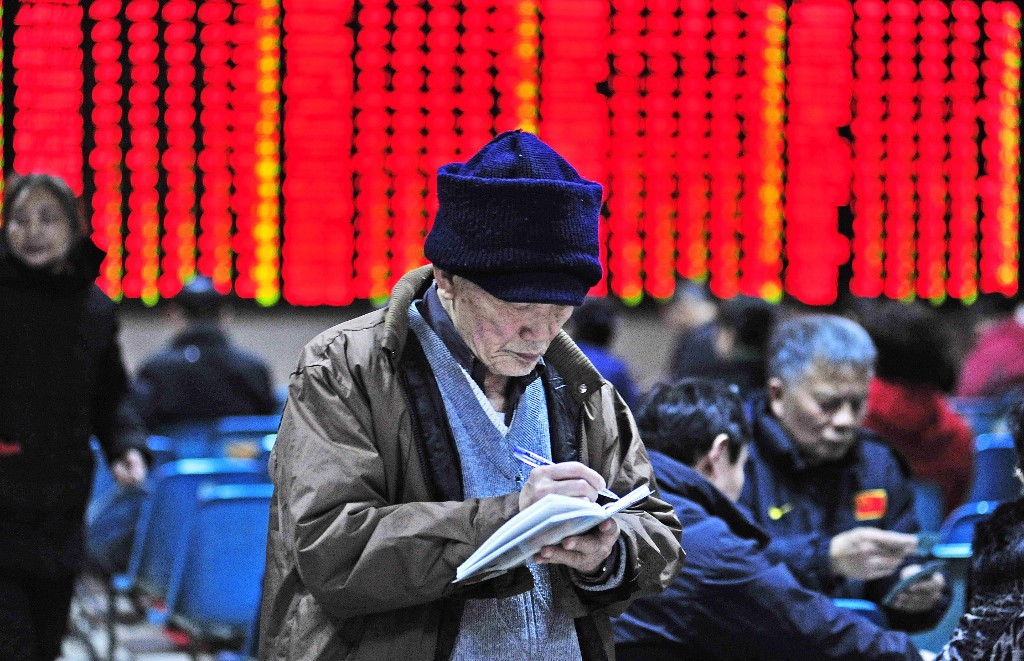(ATF) A slew of Chinese companies have announced they plan initial share offerings in the US and Hong Kong despite a backdrop of threats to tighten the reins on their overseas activities.
Carmaker Xiaopeng Motors and delivery firm Dada Nexus are planning listings in New York, while online gaming giant Netease is looking to Hong Kong’s stock exchange.
Chinese companies wishing to raise capital in the US have been gifted exemptions from local listing rules if their initial public offerings (IPOs) are secondary to their listing at home. Similar provisions also apply in Hong Kong.
But threats to abolish those waivers and President Donald Trump’s warning that new measures will be placed on Hong Kong may be encouraging Chinese companies to bring forward plans for an IPO overseas. Already, the tech-heavy Nasdaq exchange has said it will tighten restrictions on Chinese listings. Alternatively, those firms may feel Trump’s threats are mere bluster.
“Nasdaq has quite rightly demanded Chinese companies adhere to US listing rules and has proposed revoking the exemption and the NYSE may follow,” said Nitin Dialdas, chief investment officer of Mandarin Capital. “At the same time, Beijing is pushing companies to shift listings to Hong Kong instead. But the US is still the biggest market in the world and valuations are higher there . so companies will continue to seek US listings particularly in sectors like auto where PEs will bear a fairer reflection.”
Guangzhou-based Xiaopeng Motors, also known as XPeng and the “Chinese Tesla”, has submitted IPO documents to sell $500 million worth of shares in the summer or autumn. Investment banks including JPMorgan Chase and Goldman Sachs have been hired to underwrite the deal.
Dada Nexus, a leading on-demand retail and delivery platform, hopes to raise as much as $280 million in an IPO on Nasdaq. The JD.com-backed, Shanghai-based operator of the JD-Daojia platform has hired Goldman Sachs, Bank of America Securities and Jefferies as joint book-runners.
Netease hopes to sell about $2.8 billion worth of shares in Hong Kong to fund its overseas expansion.
“The obvious attraction of a US listing is the depth of the market, its liquidity and access to global investors – also some of the listing requirements are easier than Hong Kong,” said Mark Jolley, a strategist at CCBI. While some companies could become wary of a US listing given the present environment, Jolley said “smaller companies which are distanced from Beijing will continue to seek US listings”.
Gillem Tulloch, founder of independent research firm GMT Research, explained that there are many reasons why a Chinese company would want to list overseas.
“The attraction of a foreign private issuer status is that companies don’t have to report full financial statements on a quarterly basis, can have dual-class share structures, sell assets without shareholder approval, don’t need to hold an Annual General Meeting and there are no timely requirements to report insider transactions,” Tulloch explained. “These companies are attracted by lower corporate governance standards rather than valuations.”
Beijing has encouraged Chinese firms seeking an overseas listing to choose Hong Kong amid the country’s deepening rift with the US. As well as a long-running trade dispute, the two nations have fallen out over Trump’s repeated claim that China is to blame for the coronavirus pandemic.
More recently, China’s decision to allow the passage of a controversial security law for Hong Kong has prompted the US to withdraw special trading status for the city and impose the same tariffs on its goods as Washington applies to those from mainland China.
Tulloch said Chinese companies would be looking for “an exit plan” from the US if Congress passed an act to revoke the listing waivers.
“If things go wrong they can delist from US markets and apply to upgrade their Hong Kong listings to a primary one,” he said, noting that it would take a long time to enact any such restrictions on Chinese firms and could even falter within Congress and face pushback from Wall Street.
“There is a long time to go before being forced to delist, if at all,” he said.
























